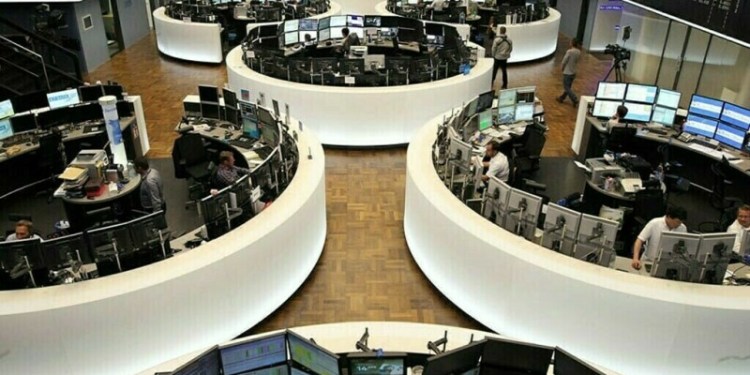FRANKFURT (Reuters) – The European Central Bank has stopped supervising the Austrian arm of Russian state bank VTB after it slimmed down its European operations, the ECB said on Friday.
A spokeswoman for the ECB said VTB’s new set-up in Europe no longer warranted direct supervision, which was now in the hands of Germany’s national regulators, Bafin and the Bundesbank.
Public scrutiny of ties between euro zone banks and Russia has been heightened by the demise last week of ABLV Bank, a Latvian bank accused by U.S. authorities of facilitating large- scale Russian money laundering.
VTB had conducted its European business from its Austrian unit, which the ECB decided to supervise directly in 2015 in light of its ties to other countries in the currency bloc.
But the Russian bank last year merged its European operations into a single subsidiary based in Germany, with branches in France and Austria, in a bid to cut costs.
Russia’s central bank rescued three major banks in 2017 and has shut dozens of smaller ones over the past few years under a clean-up program.
The ECB appears to have been blindsided by the ABLV case, highlighting how thinly it is spread in supervising Europe’s biggest lenders and raising questions about a system of euro zone supervision just three years old.
As part of the changes published on Friday, the ECB has also taken up supervisions of the subsidiaries of Luminor Bank, part of Norway’s DNB, in Latvia and Lithuania.
Spain’s Banco Mare Nostrum, which was merged into larger rival Bankia (MC:), and Danske Bank Finland, now part of its Danish parent company (CO:) dropped off the list of supervised institutions on the ECB’s website.
The changes left the ECB supervising 118 banks across the euro zone’s 19 countries
Fusion Media or anyone involved with Fusion Media will not accept any liability for loss or damage as a result of reliance on the information including data, quotes, charts and buy/sell signals contained within this website. Please be fully informed regarding the risks and costs associated with trading the financial markets, it is one of the riskiest investment forms possible.
Source: Investing.com




























